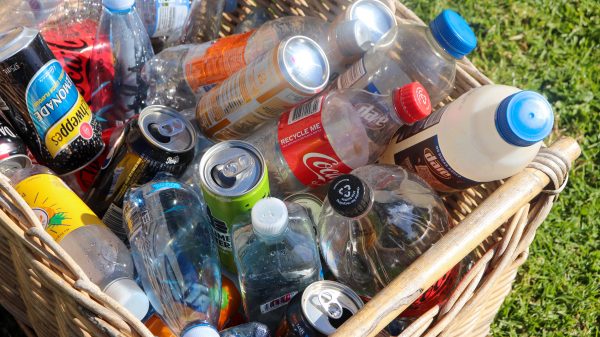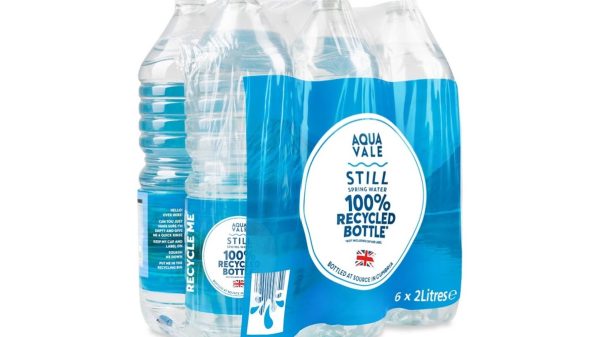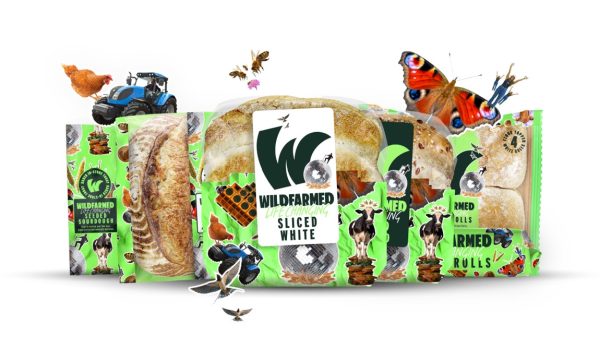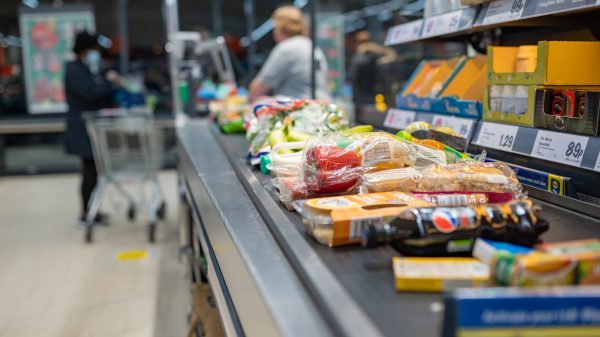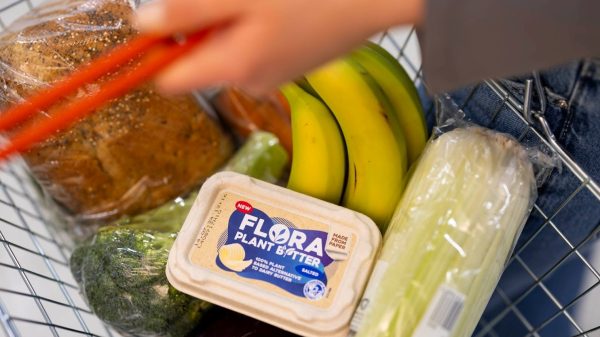John Pallagi, CEO and founder of online meat retailer Farmison & Co, talks to Grocery Gazette about Veganuary, seasonal eating and why the government should tax strawberries.
Eating in line with the seasons is something of a passion for John Pallagi. As the CEO and founder of online meat retailer Farmison & Co, he believes that the eco-friendly message behind Veganuary is all too often lost behind the contradiction of eating unseasonal, imported and processed plant-based food.
Faced with what is now the traditional new year barrage of meat-free messaging, the online butcher has been urging anyone looking to eat more sustainably to put eating seasonally ahead of focusing on plant-based alternatives.
“If you’re working towards a sustainable diet the best way to do that is through eating in a seasonal way, not with your flown-in avocado or your flown-in fine green beans from Kenya or your flown-in strawberries from Spain,” Pallagi told Grocery Gazette.
Instead he calls for a focus on Seasonuary over Veganuary, a movement grounded in his Save Our Seasons (SOS) campaign which encourages consumers to eat a seasonal, locally sourced diet.
“The narrative that a plant-based diet is a magic bullet for the climate crisis is worrying,” he says. “The idea of consuming foods grown thousands of miles away, often in a chemically intensive and water intensive manner, in the name of sustainability is beyond satire and undermines the very concept of our seasons.”
“We have four seasons across the United Kingdom and we have the most amazing weather conditions for food production,” he continues. “We’ve got some of the best livestock and agricultural lands in the world.”
With these natural conditions and resources already in place, Pallagi believes the next logical step is simply convincing the nation to embrace a cultural change which would see consumers “respecting our food, and where it comes from”.
READ MORE: Gosh!:”We anticipated Veganuary 2022 would be the biggest to date”
Changing consumption culture
Pallagi is keen to emphasise the Seasonuary and SOS movement is in no way anti-vegan. Instead it’s about recognising the absurdity of consuming imported, processed plant-based products under what he describes as the “marketing guise of sustainability”.
“I’m not waving a sales flag to tell the world to eat more meat,” he says. “I’m just getting people to eat better meat.”
“There is an absolute time and place for vegan and vegetarian diets in everyday sustainable eating,” he adds, warming to the theme. “As long as you’re eating within the seasons; within the natural controls of the United Kingdom.”
Pallagi goes on to explain that there is a significant disconnect between businesses, consumers, the food supply chain and the natural world, pointing out that we live in a demanding, time-poor society where the consumer relationship between the land and food is fragmented.
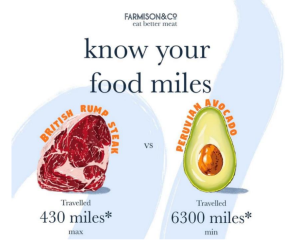
“We need to respect food and the seasons, the weather and the soil,” he says, stressing that food should be an emotional transaction rather than a source of instant gratification.
“Not only does eating seasonally mean produce tastes better, but it’s also far more sustainable – keeping food miles low, reducing waste and supporting local farmers.”
Meat and sustainability
When discussing the industrial meat system, Pallagi acknowledges that the current scale and rate of consumption is not a perfectly sustainable structure.
“There is a big difference,” he says, “between over-consuming meat and consuming better meat.”
“We shouldn’t be a burger-eating nation,” he adds, outlining how burgers were historically made from the leftover cuts of beef to maximise the use of livestock. However, the increased demand for burgers has produced a market where prime cuts of beef are now either overly processed or wasted altogether.
Instead, Pallagi advocates for eating quality cuts and consuming less meat overall, with an emphasis on sourcing meat locally, from within the UK and within the confines of the seasons.
“A steak twice a month is more than enough,” he says.
READ MORE: Veganuary: New supermarket product launches for 2022
Unseasonal food levy
Influencing such a significant shift in consumption and shopping habits is no easy task, and so Pallagi is in favour of introducing legislation which benefits local, seasonal produce.
An Unseasonal Food Levy (USL) would see the government taxing imported produce which was brought into the country outside of its natural growing season. For example; charging consumers £1 for a punnet for British strawberries in July, but £5 for strawberries which are flown in from Spain in January, when they are out of season.
The clear financial incentive to shop both locally and in season aims to drive UK customers towards options that prop up local businesses while also encouraging more responsible, sustainable shopping patterns which reflect the seasons.
Pallagi reminds us that the option to buy imported produce should still be there – but at a financial cost that reflects the significant environmental consequences, adding that any additional costs should be “swallowed by the retailer”.
“Supermarkets are a powerful body and if they want to sell products out of season they should be penalised financially,” he states, unequivocally.
The ultimate hope is that establishing an Unseasonal Food Levy would bring financial and environmental benefits to British suppliers while also helping consumers understand how food and flavours are affected by the seasons, reuniting them with “forgotten seasonal flavours”.
Our culture has taught us to “fall out of love with” these flavours, Pallagi enthuses. “But we know that different types of meat are better at different times of the year – it’s why we traditionally eat turkey in autumn, lamb in spring and game in August.”
READ MORE: UK grocery sales drop 3% year-on-year, Kantar reveals
How can we Save Our Seasons?
Calling on consumers, retailers, suppliers and the government to come together and tackle the cultural issue of constant, unseasonal consumption is a big ask, but Pallagi believes it’s a crucial one.
“As the British climate warms, we risk losing the seasons that make our food culture so vibrant,” he explains. “Plant-based diets that rely on tropical imports threaten our seasons with their contribution to carbon emissions.”
“We need supermarkets to incentivise suppliers to produce in line with the seasons,” he says, pointing out that the current system is set up to celebrate “profit and competition” over either genuine environmental concern or supporting local agricultural or livestock businesses.
“But we also need the government to step in and tax retailers, we need corporate back-up to help change consumer attitudes, we need media influence to speak to people in a way that they will listen…”
Ultimately, Pallagi’s Save Our Seasons (SOS) campaign is highlighting something chefs and foodies have been saying for years; in season food is generally tastier, cheaper and better for your health. Knowing that it’s better for the environment and local businesses as well? That just makes it taste even sweeter.
Click here to sign up to Grocery Gazette’s free daily email newsletter

